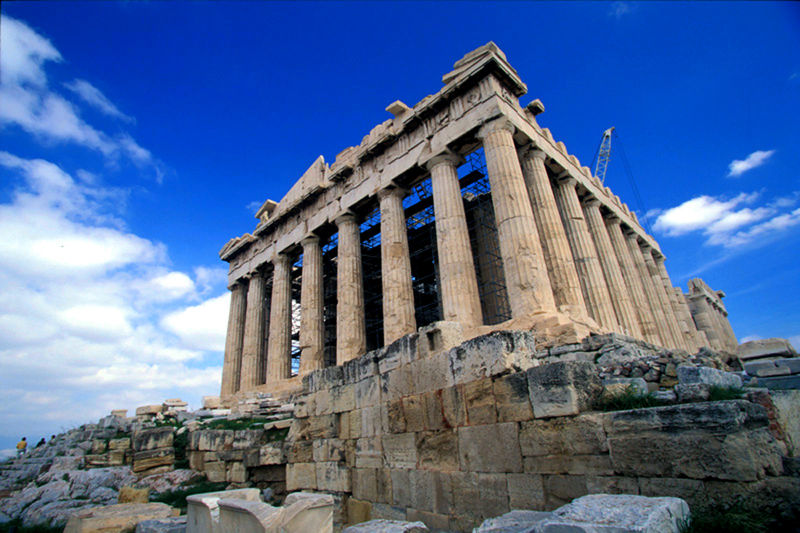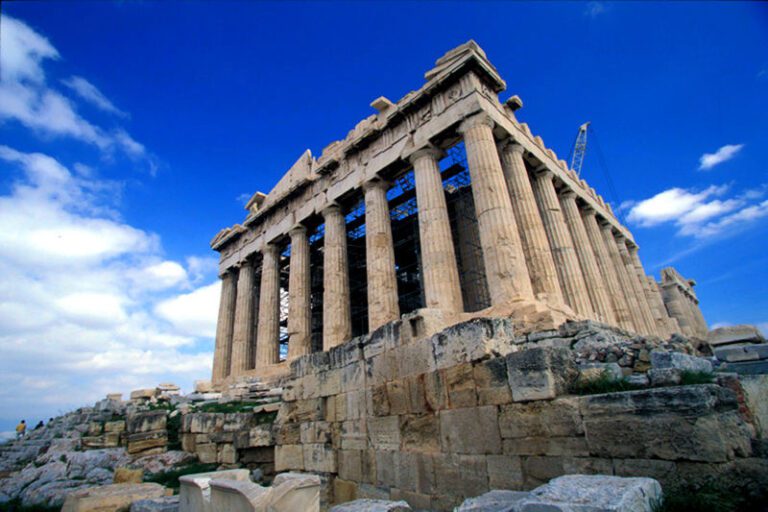September 15, 2010
by Sébastien Heath

Greece, a country in which many AIA members have worked or studied, has asked the United States to enter into a memorandum of understanding (MoU) that would require documentation for items entering the United States that may be damaged. having been illegally exported from Greece. The United States has already signed memorandums of understanding with countries including China, Cyprus, and Italy, as well as many countries in Central and South America. The addition of an agreement with Greece will be a major step forward in allowing the U.S. government to help reduce the looting of sites and the destruction of our shared archaeological heritage. The MoU faces considerable opposition from collectors and dealers, particularly those who buy and sell ancient coins. Indeed, the US government site where people can comment on the proposed memorandum of understanding (link) now makes very strong opinions public:
“Dear Madam or Sir, I am writing to you in opposition to the Greek government’s request for cultural property. As a collector on a relatively low budget, I believe that complying with this request will increase the cost of my collection. And this, without doing absolutely anything to protect the cultural heritage of Greece” (See full comment)
Or
“Coin collectors, beneficiaries of the free circulation of coins around the world, have preserved these little pieces of history, often advancing their understanding through research and analysis. In the absence of a vibrant coin collecting hobby, millions of coins would ultimately be lost to posterity, taking their historical information content with them. (See full comment)
Archaeologists believe that ancient objects can make the greatest contribution to our understanding of the ancient world if information about their finds is preserved and made public. The proposed MoU is a tool that will help preserve knowledge about past societies. But it is extremely important that the voices of professionals and enthusiasts are heard. If we do not write, the commission responsible for examining Greece’s request will not be able to know what we think. If you would like to submit comments, go here and click “Submit a comment”. If you need help knowing what to say, visit The AIA page information on the Advisory Committee on Cultural Property, the body which will make the first recommendation on whether or not to conclude an agreement with Greece. It is very helpful to review the four determinations that the committee will use. It is important to note that Greece’s archaeological heritage – including coins, ceramics, sculptures and other objects – is under threat. If you want confirmation that this is indeed the case, you can read David Gill’s blog “Looting Matters”. His recent message “Protecting Greece’s archaeological records» lists previous articles that demonstrate the damage that excavations and illegal imports have done to our understanding of Greece’s rich past.


